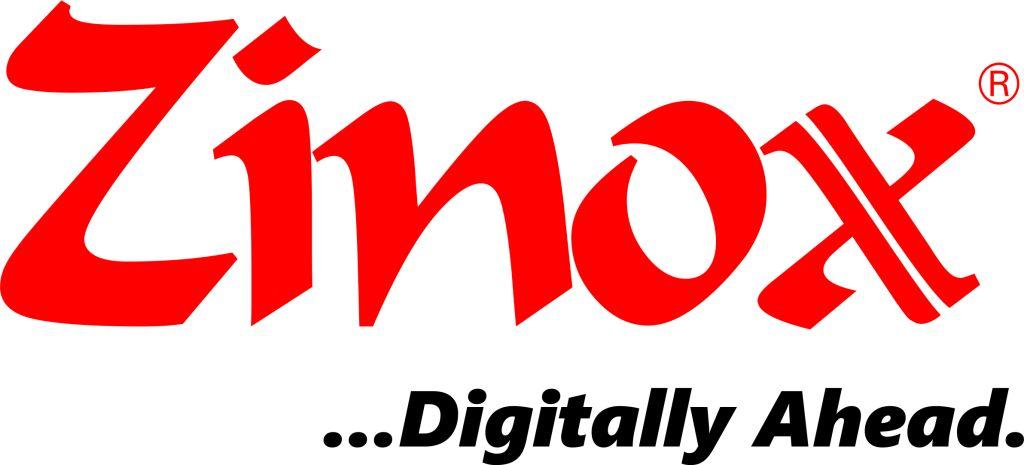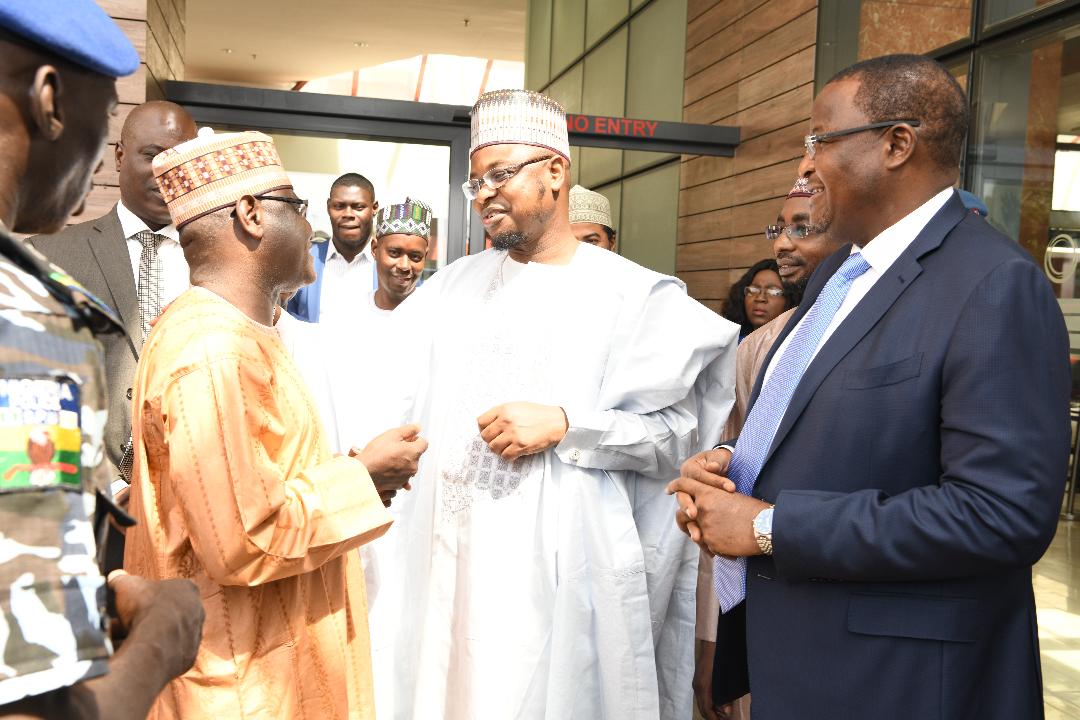When Globacom fired the first shot in July last year, MTN, Airtel, Etisalat and even the latest in the basket, Ntel all followed suit. Besides, several Internet Services Providers (ISPs) all claim riding on 4G.
However, indications are becoming clear that anxious Nigerians who were carried away by massive advertisements by networks on the availability of their 4G services are beginning to understand that all that glitters may not be gold after all.
Now, subscribers are gradually retreating to manage what they have been experiencing in 3G as they are more confused on what is actually happening to the almighty 4G LTE.
To many respondents who took part in Business Hilights vox pop in the performance of 4G LTE, the best way to describe their experience is disappointment.
Many of them say yes we were told of the presence of 4G, but there is no LTE to experience.
The term 4G LTE is really two terms. 4G means the fourth generation of data technology for cellular networks ̶ following 3G. LTE stands for Long Term Evolution and is short for a technical process for high-speed data for phones and other mobile devices. Together, they make 4G LTE.
Many experts say the progressive development of the smart phone Internet is impressive. When the 3G networks started rolling out, they quickly replaced the 2G system, a network protocol that allows you make phone calls, basic text messaging, and use small amounts of data over a protocol called MMS. With the introduction of 3G connectivity, a number of larger data formats became much more accessible, including standard HTML pages, videos, and music. However, because the speeds still needed improvement in terms of speed and mostly required pages and data specially formatted for these slower wireless connections, a craving developed for a more advanced system the 4G.
No doubt, creating 4G connectivity requires two components: a network that can support the necessary speeds, and a device that is able to connect to that network and download information at high and enough speed. It has been established that LTE is the fastest connection available for wireless networks. However, what’s more interesting, though, is what this means for the future Nigerian Lifestyle.
Reviewing the Nigerian experience, the President of Association of Telecoms Companies of Nigeria (ATCON) Mr. Olusola Teniola said it may really take time before the real 4G experience will be accessed by all Nigerians as the technology rides on steady power and specific spectrum which are gradually becoming available in the country.
He said apart from the availability of the driving spectrum, the cost of the needed infrastructure at a time forex is frustrating every business is very high, thus hobbling rollout of the LTE.
According to a study by global telecoms body, the Global System for Mobile communications Association (GSMA) Intelligence, the number of 4G-LTE connections worldwide will pass one billion by next year.
GSMA said LTE users consume 1.5GB of data monthly on average – almost twice the average amount consumed by non-LTE users.
Analysts are of the view that before the end of 2017, it is expected that LTE will account for about one in eight of the more than eight billion total mobile connections forecast by that point, up from 176 million LTE connections at the end of 2013.
This may be why nearly 500 LTE networks are forecast to be in service across 128 countries, roughly double the number of live LTE networks.
According to the GSMA’s Chief Strategy Officer, Dr. Hyunmi Yang, the acceleration of 4G LTE continues to increase across the world. “Since the launch of the first commercial 4G-LTE networks in late 2009, we are seeing deployments accelerate across the globe,” Yang said.
GSMA calculated that about 20 per cent of the global population is within LTE network coverage range. As operators continue to expand LTE coverage over the next few years, it is forecast that LTE networks will be available to half of the world’s population by next year.
At the global chat, the United States (US.) accounts for almost half (46 per cent) of global LTE connections, while the U.S., South Korea and Japan combined account for 80 per cent.
Currently, industry watchers have come to the realisation that the robust Internet that comes on the heels of 4G LTE will foster productivity across all sectors of the economy. Accordingly, they opined that the test run of 4G LTE from MTN would complement government’s national objective of achieving 30 per cent National Broadband penetration target by 2018.
Their further submission is that the efforts by MTN and other operators including Smile, Intercellular; Spectranet; nTel, that are have also launched 4G/LTE services will redefining telecommunications services in Nigeria.
Chief Executive Officer, ntel, Kamar Abass, in an interaction with journalists recently, said that the successful test call by the firm, was a confirmation that the key network elements are now in place to support the full commercial launch of premium integrated voice, video, and data services over the 4G/LTE.
“The ntel network is built on the 900/1800 MHz which is the most efficient propagation frequencies for the deployment of 4G/LTE technology.”
However, the telecoms regulator, Nigerian Communications Commission (NCC) said the commission has encouraged the re-farming of various frequencies to improve their efficiency.
The Executive Vice Chairman of NCC, Prof. Umar Danbatta had explained that through this process, some service providers, which are hitherto providing services on the 1800 MHz spectrum band have been allowed to re-farm and deploy services on the 4G/LTE band.
Depending on the current selected aerial availability, it is not yet time to depend fully on 4G and this is why 3G will continue to drive the nation’s broadband penetration crusade pending when the arrived 4G LTE will alight from the bus at the bus stop to enter town for service delivery.









